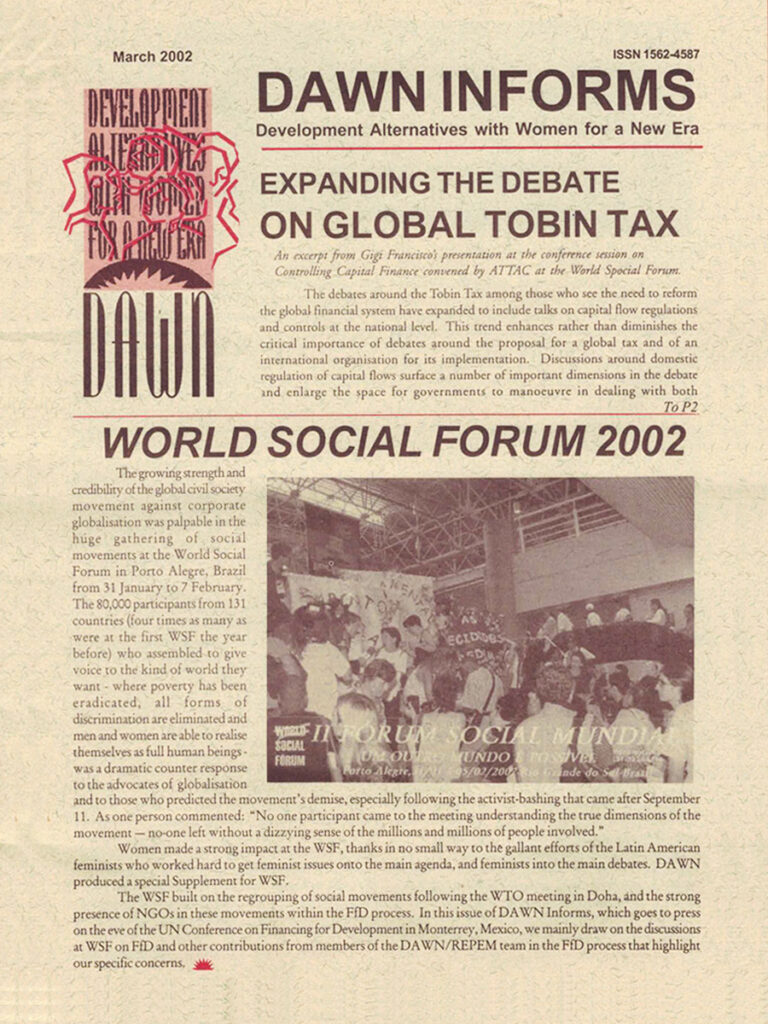In the post-globalisation era, when trade agreements have traversed from the multilateral (read World Trade Organization), bilateral and plurilateral, to the so called mega deals, such as the Trans-Pacific Partnership and the Regional Comprehensive Economic Partnership, it is clear that trade policies are exerting an ever greater influence on our lives, including those of women. The discussion on trade and gender impacts has become increasingly important, given its prominence in trade fora. However, the solutions that have been proposed reflect very different and often problematic approaches.
Contrary to the popular assumption that trade policies are gender neutral, the gendered impacts of trade liberalisation are all too evident, as women suffer disproportionately due to a reconfiguring of economic, social and political relationships. This affects how, if at all, women benefit from trade liberalisation, but also how they are disadvantaged by it. Studies show that while women benefit less than men from trade liberalisation policies, they bear a higher share of the adverse impacts due to their unequal access to resources and power.
DAWN monitors, researches and analyses international trade issues and how they affect women, especially in the global South.
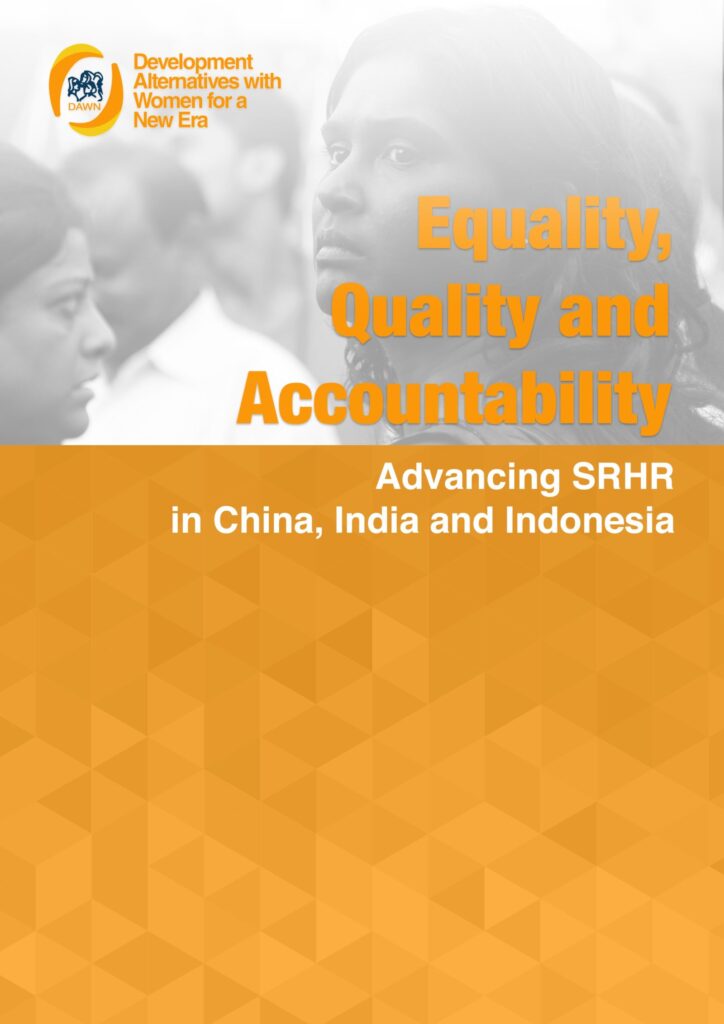
Click to download
Related items
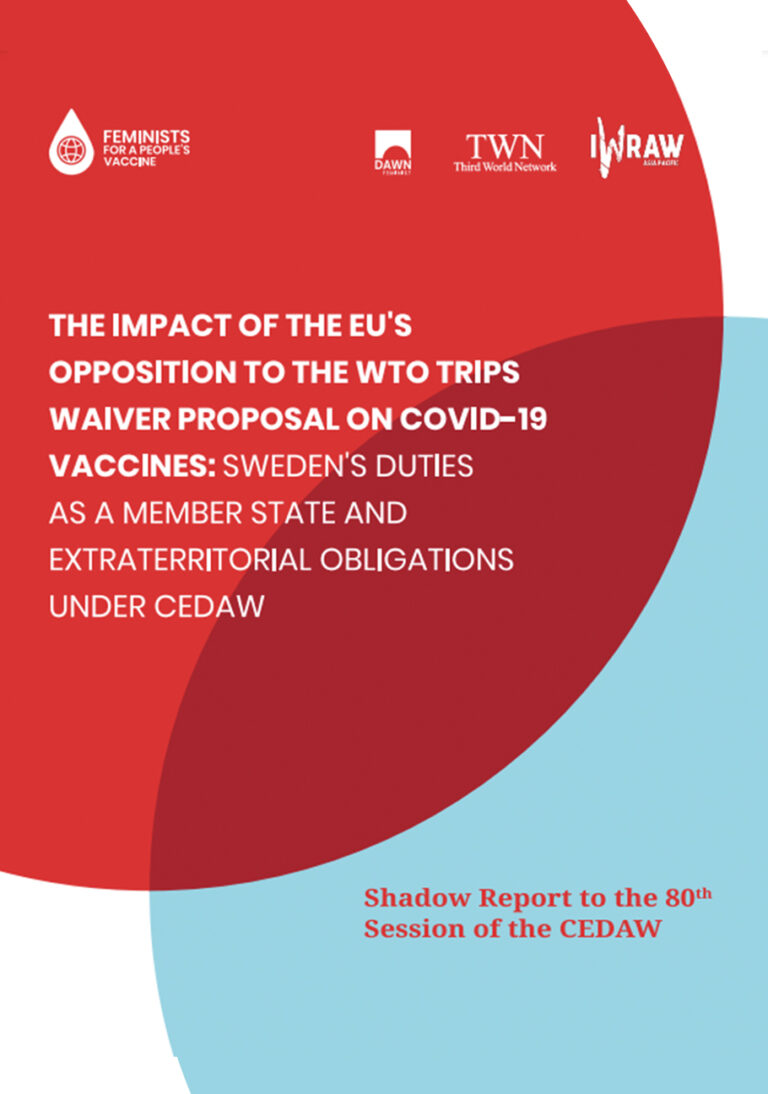
The Impact of the EU’s Opposition to the WTO TRIPS Waiver Proposal on COVID-19 Vaccines

Documento Temático # 2 Normas internacionales de comercio e inversión, derechos de propiedad intelectual y Covid-19: Una perspectiva desde el Sur
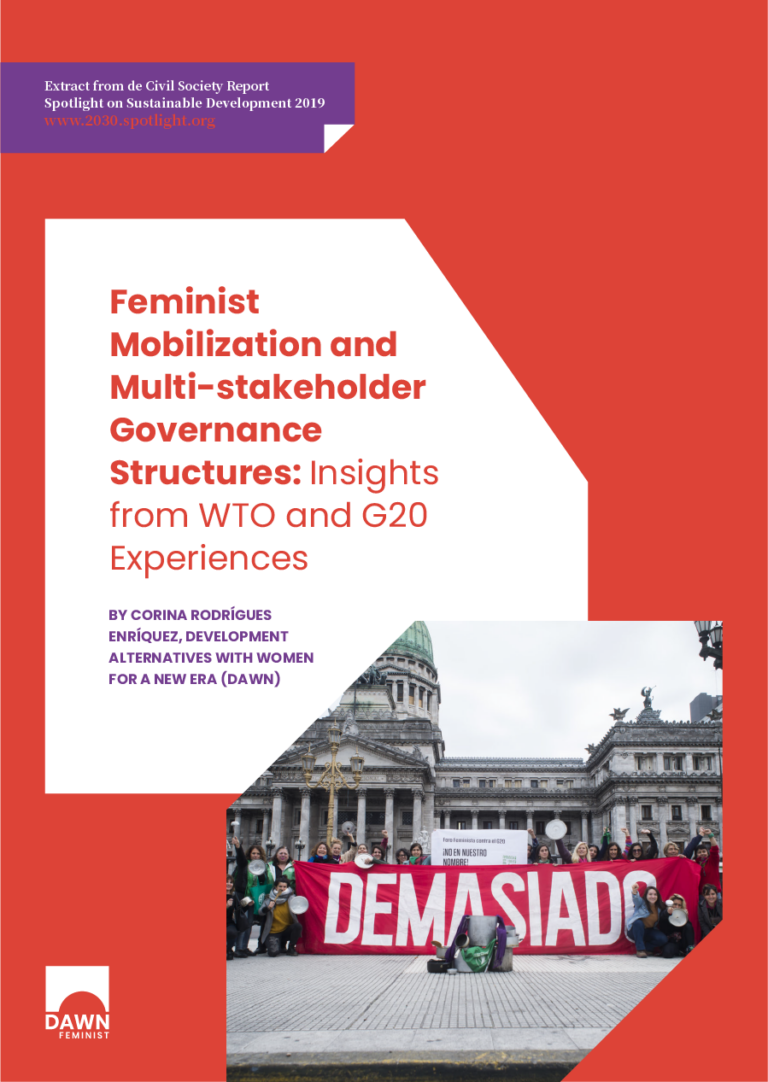
Feminist mobilization and multi-stakeholder governance structures: insights from WTO and G20 experiences
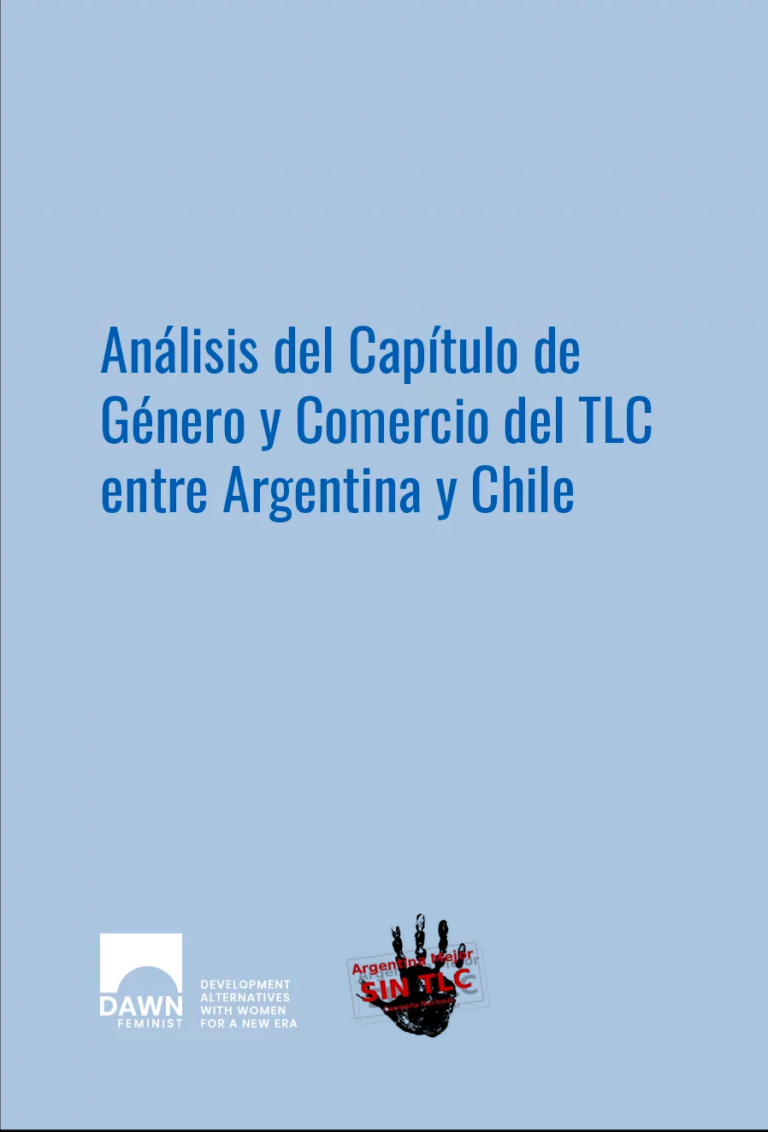
Análisis del Capítulo de Género y Comercio del TLC entre Argentina y Chile
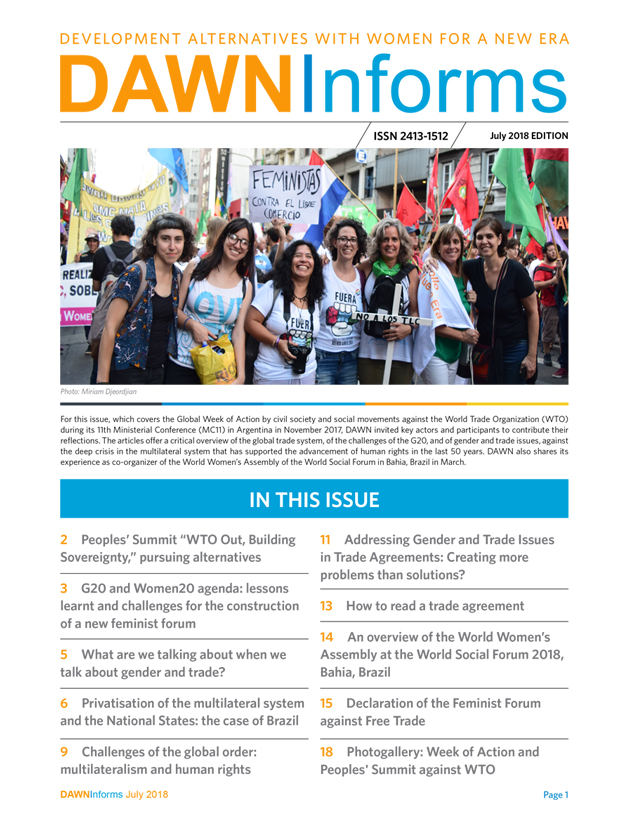
DAWN Informs on Gender & Global Trade
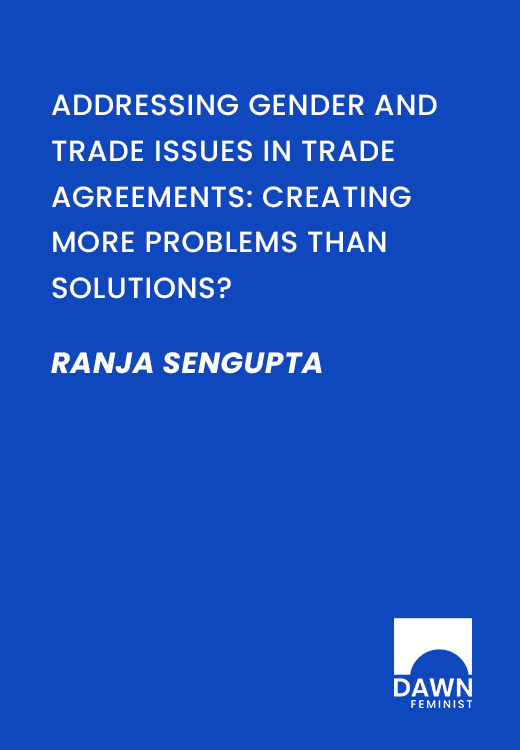
Addressing Gender and Trade Issues in Trade Agreements: Creating more problems than solutions?
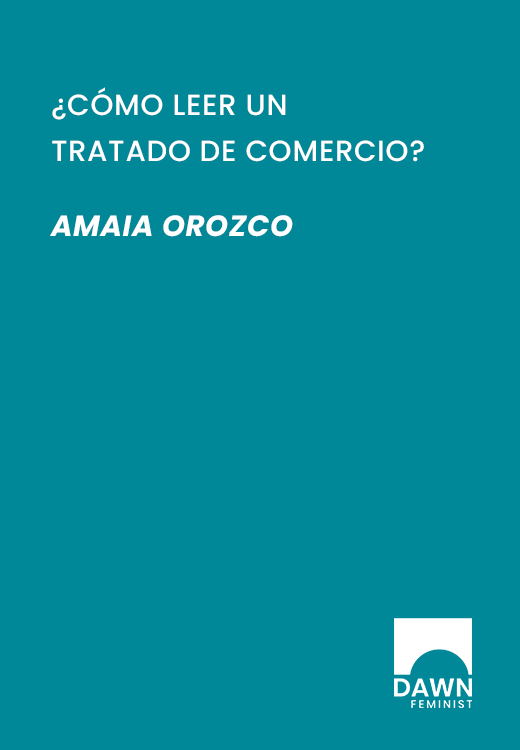
¿Cómo leer un tratado de comercio?
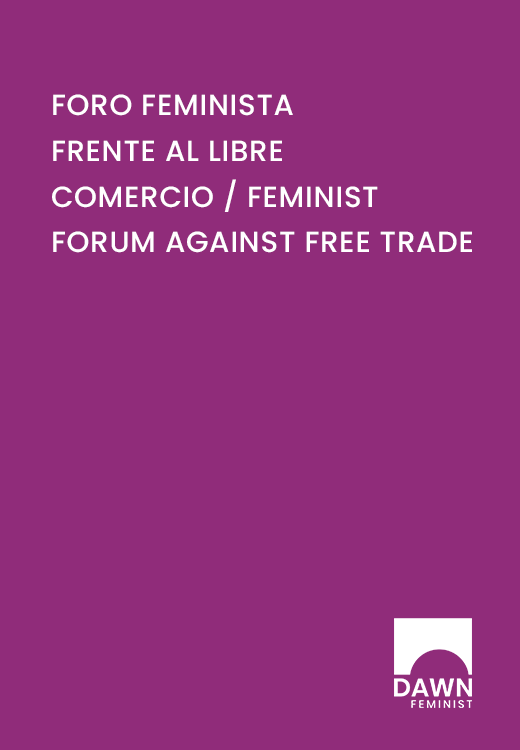
Foro Feminista frente al Libre Comercio / Feminist Forum Against Free Trade
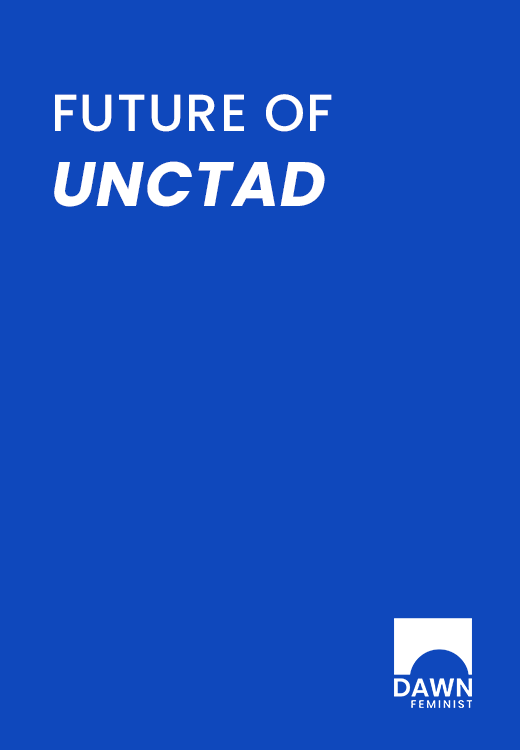
Future of UNCTAD
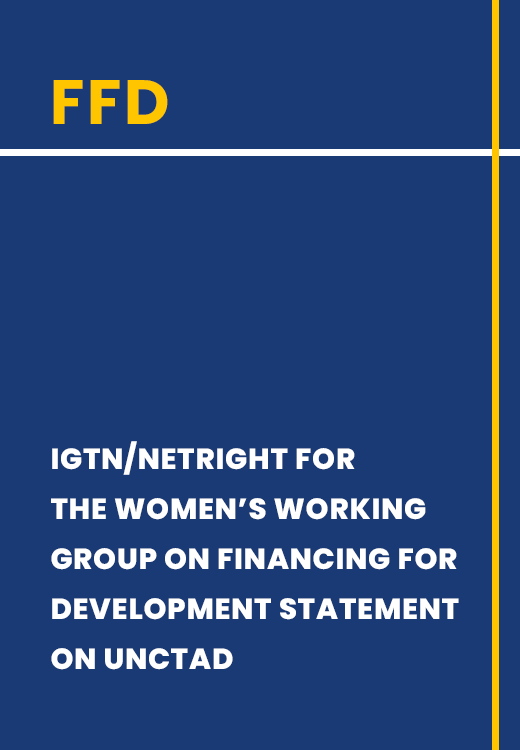
(FfD) IGTN/Netright for the Women’s Working Group on Financing for Development Statement on UNCTAD (UNCTAD Civil Society Forum)
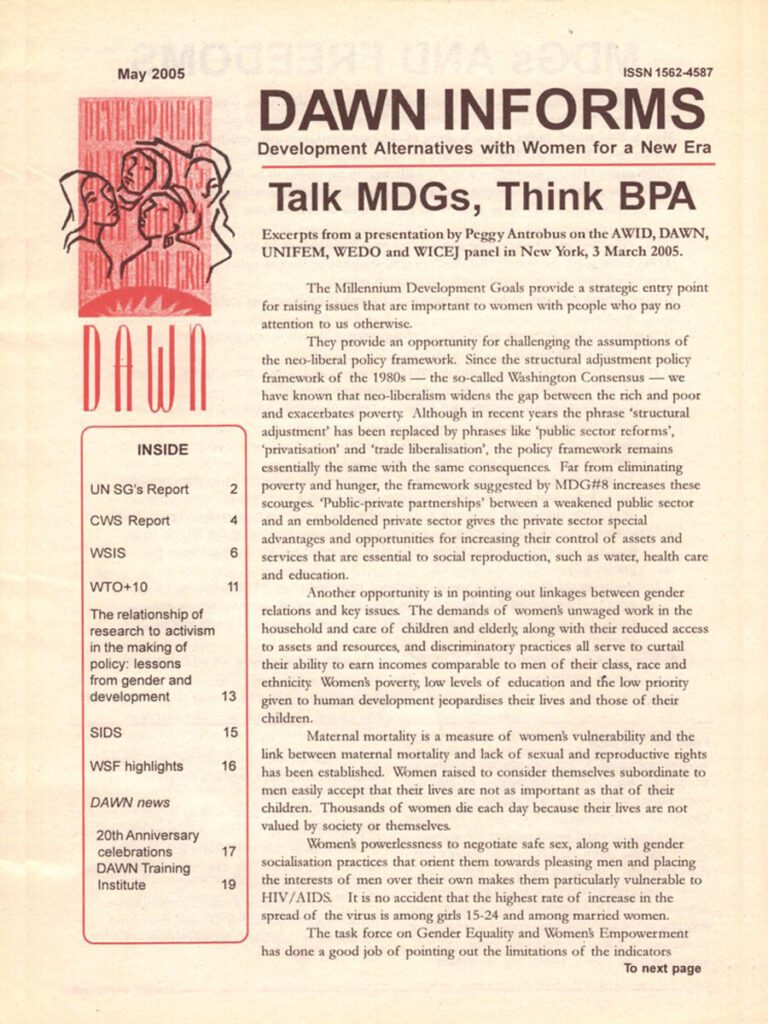
DAWN Informs May 2005
